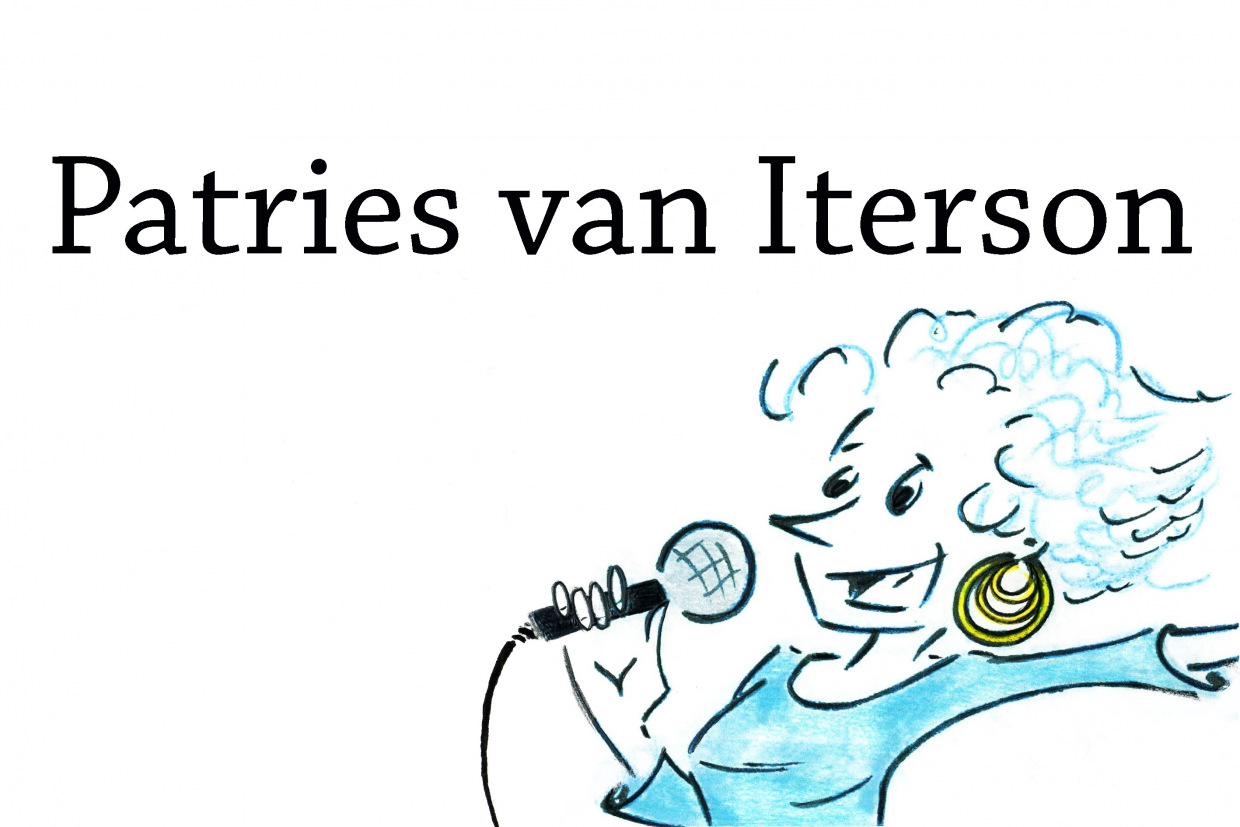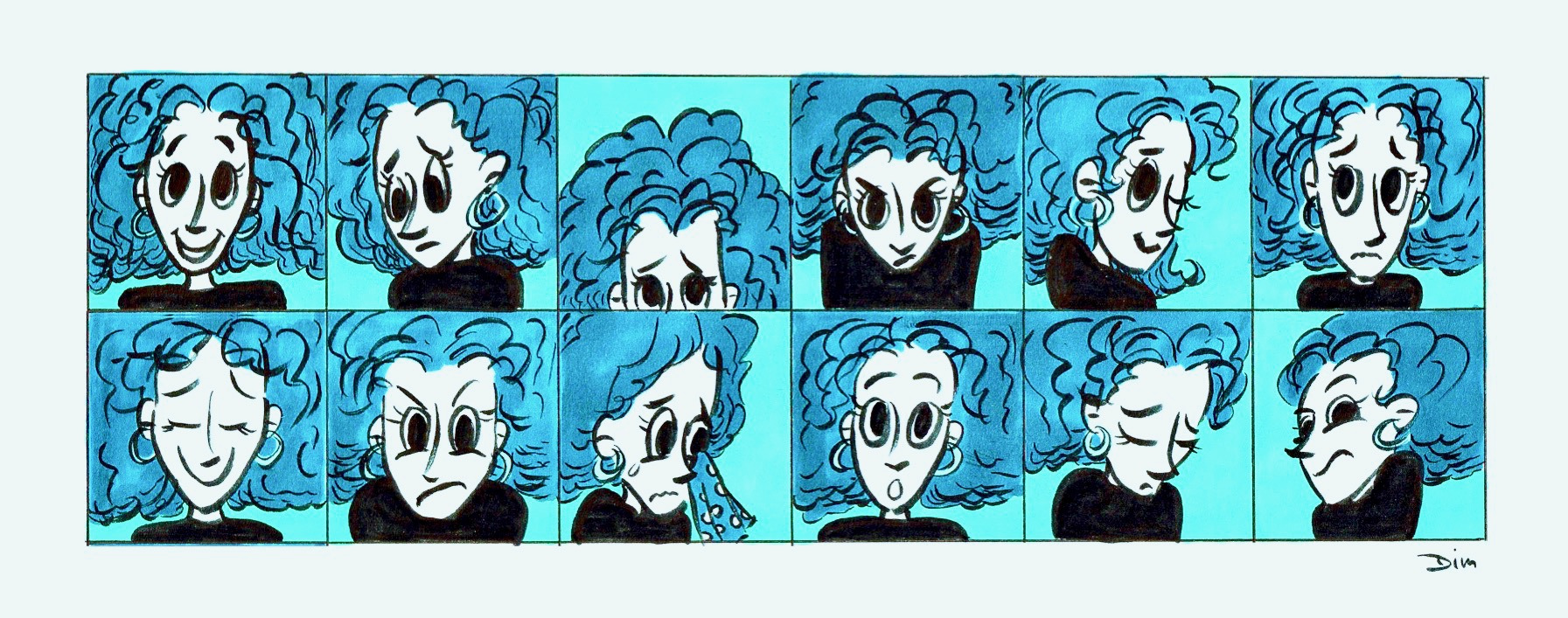
Explanation of the Vocal Emogram application
Singers have to deal with something instrumentalists don't: lyrics.
Everything a singer can use to put feeling into a song, such as sound/timbre, dynamics, melody, timing and phrasing, has to do with the story of the song. This entails a great diversity because lyrics come in all shapes and sizes, sometimes very straightforward, sometimes very vague. Sometimes they tell a story with a clear beginning and end and sometimes they are fragmentary sketches full of metaphors.
The goal that many singers have is to transfer the emotion of their work (either original work or covers) to the audience, to touch people’s hearts. The sentence “I don't believe you” or “I don't feel it” comes up in many talent shows, but offers little guidance for a singer to improve. Emotions are also very personal, both experiencing your own emotions and interpreting those of others. Adding voice nuances to our stories is however something we all do, every day, all day long. You sound irritated, sweet, tired, businesslike and so on.
Suppose you experience something in your daily life that you keep telling different people. You don't do that in the same manner every time. Your mood at that specific moment, but also your point of view of what happened and even the reaction of your listener add nuance to your story. This allows you to emphasize different aspects and words of what happened each time you tell the story. Your timbre adapts to that changing emotion. Singing a song is basically the same. You tell a story. Yet in many cases singers always use the same sound. What a shame!
How do you approach translating your emotion into (sung) words? In other words, how do you investigate which emotion you want to convey? You can work on this during vocal coaching. You look at the musical structure, usually consisting of verses, choruses and possibly a bridge. Do the verses have the same meaning? Is the chorus the same every time? Does the bridge bring a new point of view? Consider from which point of view the song is sung. A song about a past love can have a resigned, angry, hurt or desperate premise with a big difference in sound and timing. But then a lyric is rarely just one emotion, most of the time there are more layers.
Some singers need more than the tips mentioned above. I have devised a way for them to explore how they can express the emotion in the piece in a very structured way, via the VOCAL EMOGRAM.

How does it work?
For the Emogram you take a number of steps. To start, divide the text to be sung into parts. This can be based on musical considerations (verse, chorus, bridge) but also on content (past, present, future, etc.). Now choose three emotions that you think match the content. For example, angry. But there are many types of anger. Is it resentful, furious, indignant, or perhaps a sequence or combination of these? When it comes to desire, what is it? Jealousy, envy, longing, pining, nostalgia? In the drop-down list you can choose the main emotions and their manifestations. You then decide the level of that emotion per part, on a scale from 1 to 10.
Sing the song from each of the three emotions and translate the progression of the graph into the song. You will notice that you use dynamics, timing and phrasing. Also (and especially) different nuances in the timbre of the voice. You do this with each of the three specified emotions. This will be a highly exaggerated performance, but it will make you aware of how you can bring emotion into a piece. You may sing louder, or time it differently, or put a shrill/warm sound in your voice. Either way, you're probably putting a charge in your voice that wasn't there before. The vocal emogram is a highly structured way of approaching music for a singer who is not great at being intuitive and gets discouraged by trying. I try to design my lessons in such a way that everyone can use them at all times, even without me being present. Eventually you become so adept at it that you make such an interpretation on the fly. The method is suitable for all lyrics, rap and spoken word. But a poet or actor must also be able to handle this well.
START!